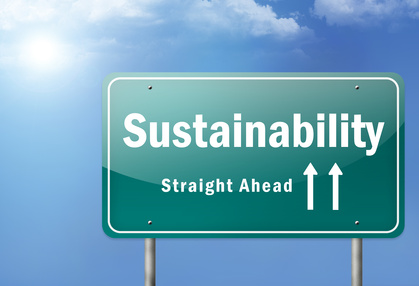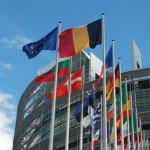Last days for EU-ETS plants to surrender 2011 emissions to their national registries. Final deadline is April 30th 2012.
The Carbon market situation remains very uncertain, with EUA 08-12 Spot trading at around 7,19 €/t (EUA-08-12, Bluenext, 18/04/2012), as economic crisis has reduced significantly the emissions of EU plants (together with an increase of production of renewable energy). The attached graph shows verified emissions of the last four years: total EU-27 ETS emissions have decreased in 2011 by 12,5% compared to 2008 levels (14,4% for Italy), clearly showing an average reduction in the need to cover short positions, and therefore reducing the demand on the trading platforms.
The news introduced by EC from 2013, like the absence of free allocations for power production plants for instance, have not yet sorted the effects of maintaining a reasonable price level which can justify and really enforce investments in energy efficiency.
Is the pricing really reflecting already the new 2013 regime? Will the third period bring an improvement to the mechanism? Please send us your comments, or do contact us for more information.
EU ETS verified_emissions_2011_en



